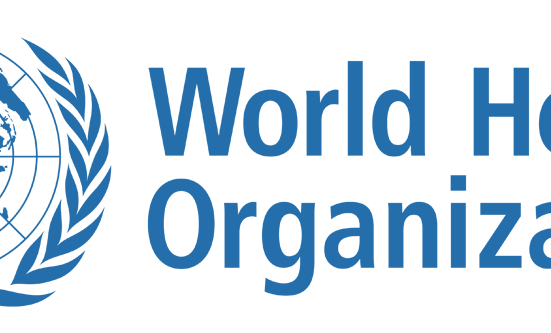Geneva, June 10, 2025 – The World Health Organization (WHO) has raised the alarm over a renewed global surge in Mpox (formerly known as Monkeypox) infections, declaring that the escalating outbreak still constitutes a Public Health Emergency of International Concern (PHEIC).
In a press briefing on Monday, WHO Director-General Dr. Tedros Adhanom Ghebreyesus said the recent spike in Mpox cases across multiple countries, particularly in Africa, Europe, and parts of the Americas, is deeply concerning, especially as the virus continues to spread among vulnerable and high-risk populations.
“Despite previous progress in containment, the resurgence of Mpox infections in recent months reminds us that this outbreak is far from over. It still poses a significant threat to global health,” Dr. Tedros stated.
Mpox, a viral disease with symptoms similar to smallpox, including fever, rashes, swollen lymph nodes, and skin lesions, was first declared a global emergency by WHO in July 2022. Though it saw a decline after intense international response and vaccinations, new data shows a worrying rebound.
According to the WHO Health Emergency Programme, over 13,000 new cases have been reported globally in the past three months, with the Democratic Republic of Congo, Nigeria, Brazil, and the United Kingdom among the hardest hit. At least 60 deaths have been recorded during this period, and several strains of the virus are now under close genomic surveillance.
In Nigeria, the Nigeria Centre for Disease Control and Prevention (NCDC) has confirmed a fresh wave of Mpox cases in several states, particularly Lagos, Rivers, Delta, and the Federal Capital Territory, prompting renewed alerts at borders and public health centres.
The NCDC Director-General, Dr. Jide Idris, said the agency is stepping up active case search, community sensitization, and contact tracing while collaborating with international partners to secure more vaccines.
WHO’s technical lead on Mpox, Dr. Rosamund Lewis, added that low vaccination coverage, reduced public vigilance, and the stigmatization of at-risk groups have contributed to the resurgence. She emphasized the importance of early diagnosis, isolation of cases, and public education to halt further transmission.
The WHO has also warned against complacency and urged member states to integrate Mpox response into broader national health emergency frameworks. It noted that without sustained surveillance and global cooperation, there is a risk that the virus could evolve further and pose even greater threats.
Mpox is primarily spread through close contact, including skin-to-skin contact, respiratory droplets, and contaminated surfaces. While it is not as contagious as COVID-19, the virus can cause severe illness in immunocompromised individuals, children, and pregnant women.
In response, the WHO is mobilizing resources to support affected countries and has reactivated its Mpox Emergency Committee to evaluate risks, recommend interventions, and coordinate a unified global approach.
As part of its public advisory, WHO reiterated that vaccination, personal hygiene, responsible social behavior, and quick reporting of symptoms remain the most effective ways to contain the spread.

